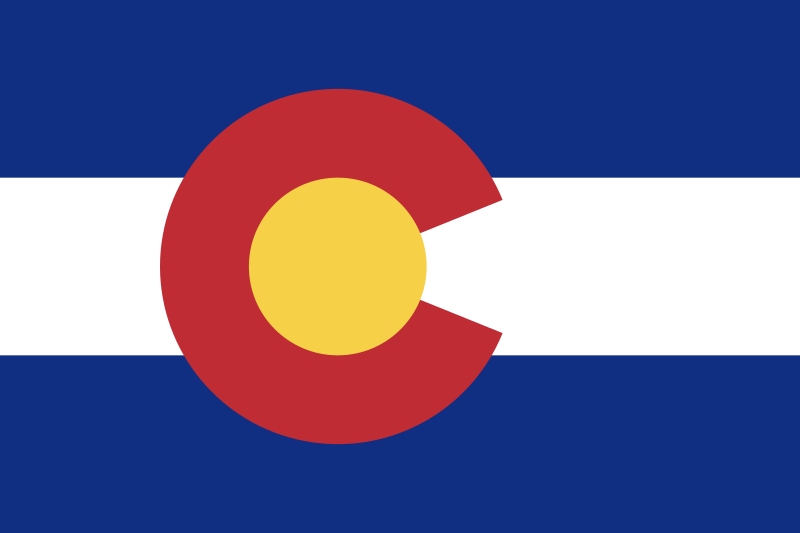Coloradans will vote on an initiative in November to decriminalize possession of certain psychedelic plants and fungi.
The initiative would define dimethyltryptamine (DMT), ibogaine, mescaline (excluding peyote), psilocybin, and psilocyn as natural medicines. It would also create the Regulated Natural Medicine Access Program for licensed centers to administer natural medicine services.
Licensed centers would be limited to administering psilocybin and psilocyn until June 2026. Beginning June 1, 2026, the Natural Medicine Advisory Board could allow the use of DMT, ibogaine, and mescaline.
The Colorado secretary of state's office announced that the initiative qualified for the ballot on July 21, 2022. Of the 225,140 signatures submitted, 138,760 were projected to be valid. To qualify for the ballot, 124,632 valid signatures were required.
Natural Medicine Colorado sponsored the initiative. The campaign reported $2.58 million in contributions, all from New Approach PAC, according to campaign finance reports through June 22. The campaign reported $2.52 million in expenditures.
Kevin Matthews, a representative for Natural Medicine Colorado, said, "This initiative would give Coloradans access to a new, promising, and research-based treatment option for PTSD, depression, anxiety, and other mental health challenges, in a safe, careful, and beneficial way. These medicines can be transformative for people who have suffered for years and struggled to find help."
In 2019, Denver voters approved Initiated Ordinance 301, which made the adult possession and use of psilocybin mushrooms the lowest law enforcement priority in Denver and prohibited the city from spending resources on enforcing related penalties.
In November of 2020, Oregon voters approved a ballot initiative, Measure 109, that authorized the Oregon Health Authority (OHA) to create a statewide program allowing licensed service providers to administer psilocybin-producing mushroom and fungi products to individuals 21 years of age or older.
As of June 2022, 15 local jurisdictions had decriminalized psilocybin possession or de-prioritized policing, prosecution, and arrest for possession of psilocybin. Three jurisdictions did so through the citizen initiative process and 11 did so through local government resolutions.
Six other measures have been certified to appear on the November ballot in Colorado. From 2000 through 2020, an average of 9 of 10 measures appeared on the statewide ballot during even-numbered years. The approval rate for measures on the ballot in even-numbered years was 45.71%.
Additional reading:



